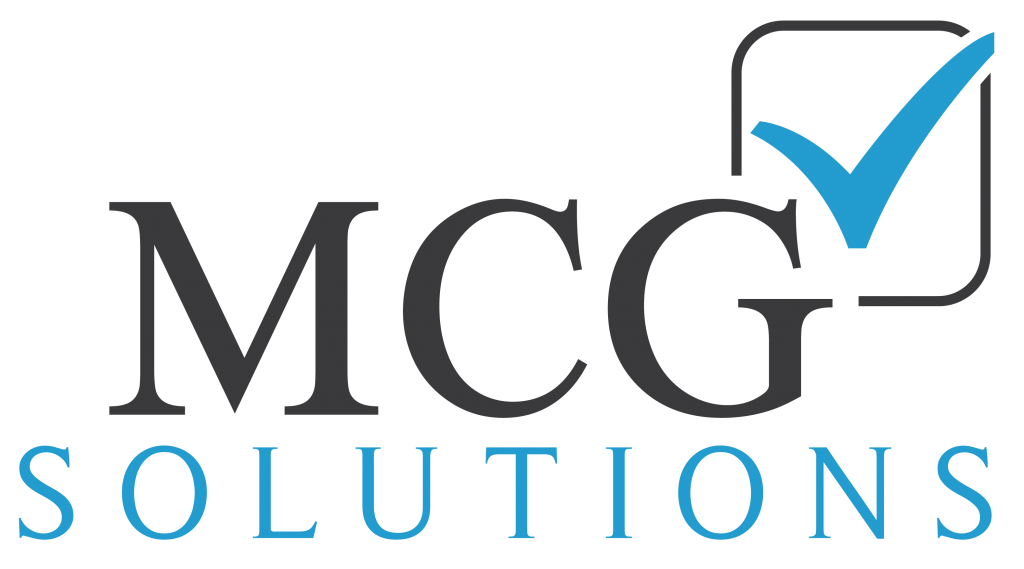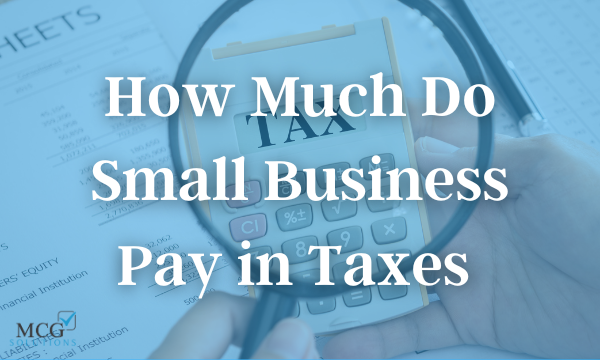Whether you’ve already formed a small business or you’re researching what it takes, understanding your small business’s potential tax liability can help you plan for the future.
How much you’ll pay in taxes depends on your business structure. Corporations have a flat rate, while pass-through entities are taxed by the owner’s personal tax rate (usually 10 to 37 percent).
Here’s a brief overview of your potential tax liability as a small business owner.
Corporation tax rates
C-corporations are taxed at a flat rate of 21 percent. Prior to 2018, they were taxed on a tiered structure, in which rates ranged from 15 to 35 percent.
This year, the corporate alternative minimum tax (AMT) will go into effect, which applies a 15 percent minimum tax rate to corporations with an average adjusted financial statement income over $1 billion.
Finally, corporate shareholders must pay tax on any dividends they receive, and that rate depends on whether they’re “ordinary” or “qualified.” Dividend tax rates range from zero to 37 percent.
S-cops and pass-through entity tax rates
Pass-through entities are named such because instead of the business paying federal income taxes, the business income and losses pass through to the owners and members on their personal income tax returns.
Business income for pass-through entities is taxed at the same rate as other income, like earnings or savings. This ranges from 10 to 37 percent, and owners are entitled to take a 20 percent qualified business income (QBI) deduction, so long as their taxable income is under $170,050 for individuals and $340,100 for married people filing jointly.
LLC tax rates
LLCs can be taxed as a sole proprietorship, partnership or C-corp. This allows LLC members to decide whether they want to be taxed at the corporate or individual tax rate. If the LLC keeps a large portion of the profits in the business instead of paying out dividends, this can be advantageous.
Other taxes to keep in mind
In addition to federal income tax, your business may also be subject to the following taxes:
- Self-employment taxes: Pass-through business owners without employees will pay self-employment taxes at a rate of 15.3 percent.
- Payroll: Social Security and Medicare taxes (FICA taxes) and unemployment taxes are 15.3 percent of an employee’s gross wages. An employer withholds half of the FICA rate from the employee’s paycheck and pays the remainder out of their own funds. They are also responsible for paying federal unemployment taxes, although they may qualify for a tax credit.
- Excise tax: If your company sells or manufactures certain types of products (like alcohol, tobacco or firearms), is a certain type of business (such as sports betting) uses a certain type of heavy-duty transportation equipment or facilities or receives payments for specified services, like telecommunications, you’ll pay excise taxes.
- State and local taxes: Finally, you’ll likely pay state and local taxes like a state corporate income tax, sales tax and property tax
As you can see, taxation can be quite complicated, and it’s crucial to prepare ahead of time. Working with an excellent bookkeeping and tax preparation service can help you stay on top of your tax obligations. Call MCG Solutions today to learn more.

